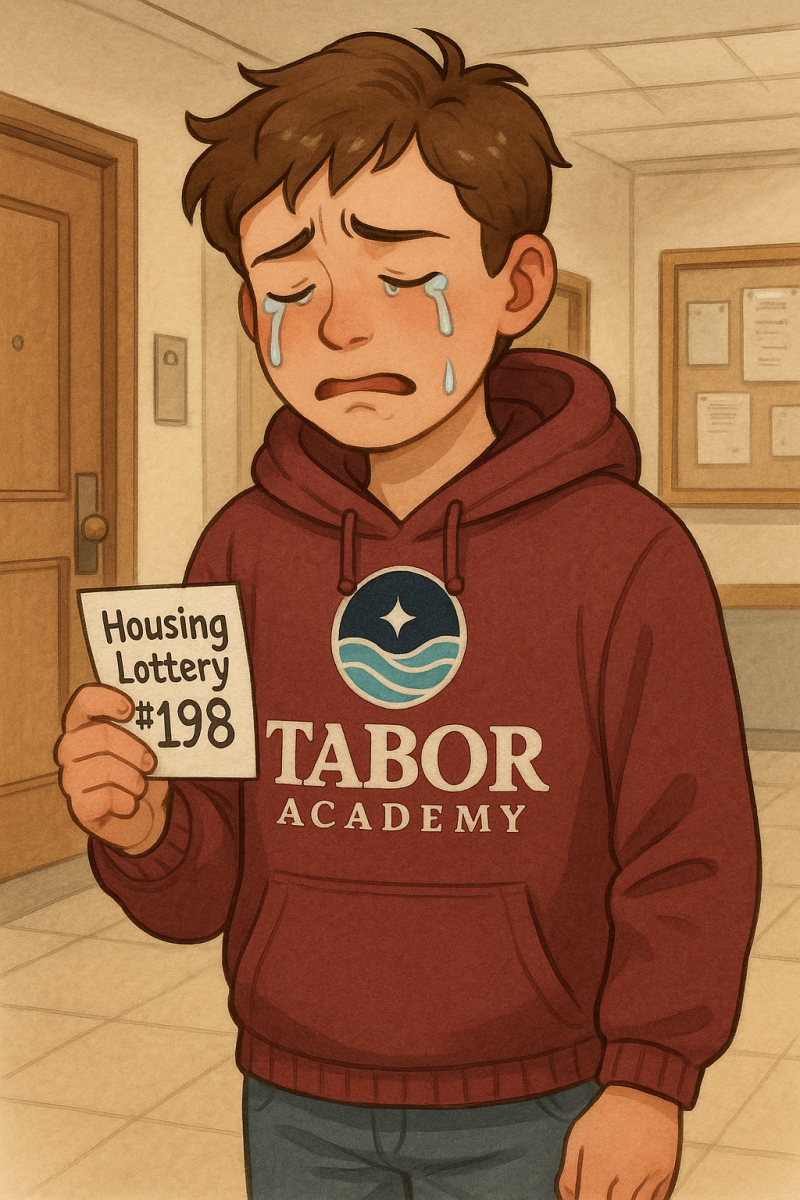The Log welcomes diverse perspectives in opinion essays and letters to the editor. Following the guidelines of The New York Times, The Log “…reserves the right to edit for space, clarity, civility, and accuracy.” The Log will not publish anonymous opinions.
***
Zoning out: a form of dissociation where our attention is directed away from our surroundings. It’s a subtle rebellion against the monotony that often cloaks our existence. We’ve all been there – whether it’s when we reach the end of our last lecture, waiting for the teacher to dismiss us, or when we spend the first 10 minutes of our day in a half-conscious state, too lazy to leave the warm embrace of our bed.
Day dreaming has been a constant companion of mine since childhood. When I was a toddler, my parents would always catch me staring into space. Concerned, they took me to the doctor, fearing there was a deeper issue. However, it turned out I was just zoning out. I’ve earned the unofficial title of “the daydreamer” among my friends and family. There’s a switch in my mind that I can just turn on, and suddenly, I’m lost in thought, oblivious to the world around me. In the classroom, as the teacher discusses a looming project and its due date, my mind drifts into a realm of musings – contemplating what I’ll have for lunch, questioning if my friend is mad at me, and wondering if we’re living in a simulation. My brain gradually blurs out my teacher’s words, turning them into distant echoes. It’s not that I’m disinterested; rather, it’s as if there’s a parallel universe existing within the recesses of my mind, and I’m occasionally drawn into its orbit. There’s a peculiar joy in zoning out; it’s a mini-vacation, an escape from the demands of reality.
In a world that prizes productivity and mindfulness, zoning out can be perceived as a deviation from the well-trodden path. In the academic realm, it’s the nemesis of productivity. In social circles, it’s the silent killer of meaningful interactions. It’s a trait that, while creatively helpful, can sabotage one’s focus and efficiency. It can evolve into a form of procrastination, allowing people to avoid stress-inducing tasks by retreating into a mental sanctuary. Ironically, this might lead to the opposite effect, increasing stress and anxiety levels due to the incompletion of tasks. This impact on mental health becomes particularly noteworthy, as excessive daydreaming may serve as an escape mechanism for underlying issues.
Yet, there’s a flip side to this cognitive escape. In the midst of daydreaming, ideas are born, and solutions to problems present themselves. I can’t count the number of times when I spent hours trying to prove a seemingly impossible trigonometric identity, only to find the solution after spending an evening lost in thought. It also acts as a mental recharge; just like our bodies need breaks, our minds benefit from occasional downtime. It offers a space for self-reflection as well. Personally, I often use zoning out as a time to delve into my thoughts, fostering a deeper understanding of myself. Zoning out can be a breeding ground for creativity. It’s during these moments that the mind can explore different scenarios, envision possibilities, and tap into the limitless realm of creativity. It’s a paradox; the very act that leads to distraction can also pave the way for innovation.
Zoning out is a double-edged sword; it’s both a gift and a curse. It can be a bane when it interferes with responsibilities, but it also serves as a wellspring of inspiration. Like any force of nature, it demands respect and balance. Embrace it in moderation, and it might just be the key to unlocking new perspectives and fostering creativity.
















